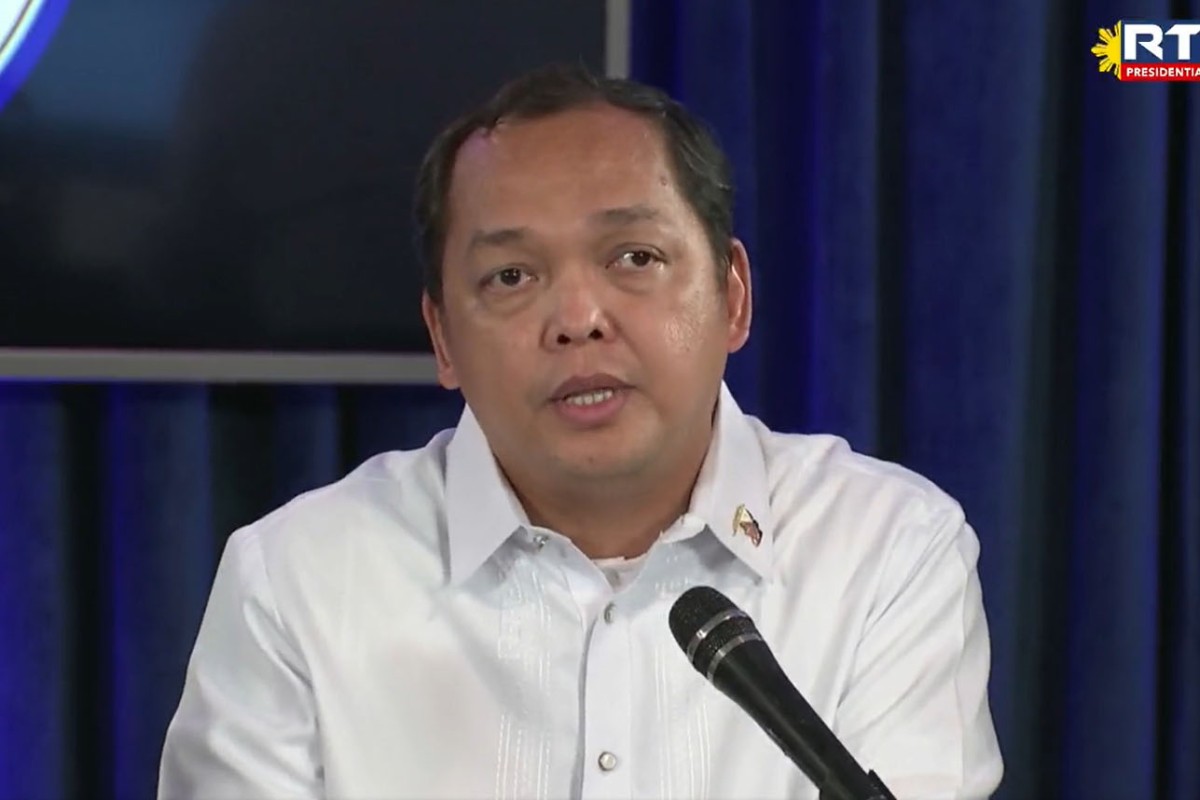MANILA -- The Procurement Service – Department of Budget and Management (PS-DBM) will pilot an e-Marketplace under the Philippine Government Electronic Procurement System (PhilGEPS) for government procurement of motor vehicles, the budget department announced on Tuesday.
PhilGEPS is the electronic commerce service owned and operated by the PS-DBM, serving as the central portal for all procurement information and activities of the government.
“Marami pong features ang PhilGEPS – mayroong virtual store, mayroong e-catalog. Iyong isa pong ipapasok ho natin ay iyon pong tinatawag na e-Marketplace,” PS-DBM Executive Director Dennis Santiago said in a Palace press briefing.
“Ipa-pilot po natin iyan soon sa mga motor vehicles. Ilalagay ho natin iyong mga sasakyan, kung anu-ano pong brand iyan, kung anu-anong klaseng sasakyan.”
Santiago said there will be a threshold limit by which a procuring entity may purchase through the e-Marketplace without the hassle of a long bidding process.
Any government entity can buy through e-Marketplace as long as the purchases are within the limits set by the DBM, or the threshold amount for motor vehicle procurement and if they are compliant to the technical requirement.
“So mangyayari po ito as a feature of the PhilGEPS. And then moving forward, hopefully, iyong mga ibang produkto naman po ang maipapasok sa e-Marketplace where a procuring entity can directly buy,” Santiago explained.
“Ang mawawala po rito ay iyong mahabang proseso ng pagbi-bid. Because they will buy directly from the e-Marketplace. May mga produkto po na ilalagak po doon coming po sa market operators or market suppliers, and then, mga procuring entity ay doon na po bibili.”
Santiago said the DBM will set a mechanism for suppliers and products that will qualify for the system. “So in the next few days po or few months, we will come up with our guidelines on this.”
The budget department presented to the President during the Cabinet sectoral meeting in Malacañang the proposed amendments to Republic Act No. 9184, or the “Government Procurement Reform Act”.
The GPRA was envisioned to address the lack of transparency and competition, eliminate collusion and political interferences, and lessen delays in the procurement process.
The rapid transformation in technology over the past two decades, and the effects of the pandemic heightened the urgency for digital transformation in the delivery of public services and the conduct of government transactions. (PND)



